I’ve been following the news about U.S. textile mills going out of business, or like 1888 Mills, ending domestic production of toweling. According to the Coalition for a Prosperous America, 18 U.S. textile mills have gone out of business because of the de minimis loophole — which has been a huge disaster.
From the CPA website: “The de minimis loophole has created an avenue for Chinese firms and other foreign entities to evade tariffs designed to protect U.S. industries, while overwhelming U.S. customs and law enforcement agencies.”
And, because this stuff is so cheaply made, it ends up in landfills.
The Biden Administration has announced that it will seek to prohibit goods subject to Section 201, 232, and 301 tariffs from entering the U.S. via the de minimis loophole.
While we wait for our elected officials to take action, I decided to do what I can to purchase textiles and apparel made here in the U.S.
Yes, that was a roundabout way of getting to dish towels.
I don’t even remember the last time I purchased dish towels; all I know is the ragged ones I’ve been using for far too long came from India; I purchased them at TJ Maxx.
I needed new ones in the worst way — and while I did do the research months ago, I didn’t buy any, mostly due to overwhelm of choices and being busy with work and life in general. Big mistake.
I make an impulse purchase 😞
While at the farmers market a few weeks ago, I came across a vendor selling dish towels. I will always support local vendors! I picked up a towel to read the packaging, and check the label, but it was hidden. The sales woman asked, “Are you looking for something in particular?”
I replied, “Yes, are these Made in the USA?” She said she didn’t know but would check — and promptly pulled out her phone and did a quick search.
“Yes!” she said, “They’re made in California.” Hmmmmm, that was surprising. Really? She said, “They’re sustainably made from recycled plastic bottles.” Ah ok, that made sense.
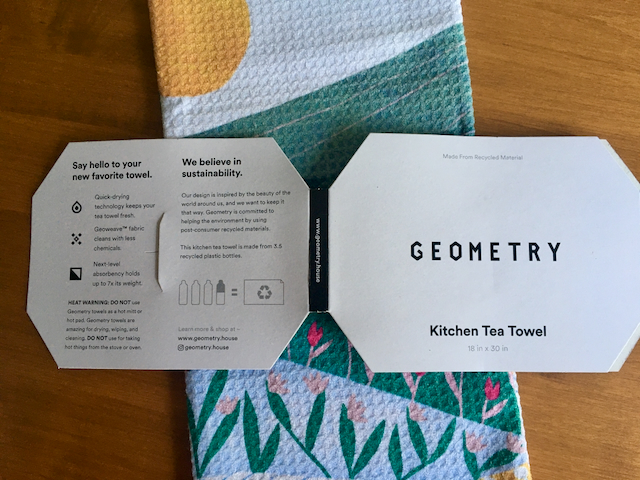
I bought two towels. Once I got home, I pulled the cardboard wrapper off one and learned why the label was “hidden;” it was covered by a little piece of cloth so that you couldn’t actually read it before purchasing. Wow.
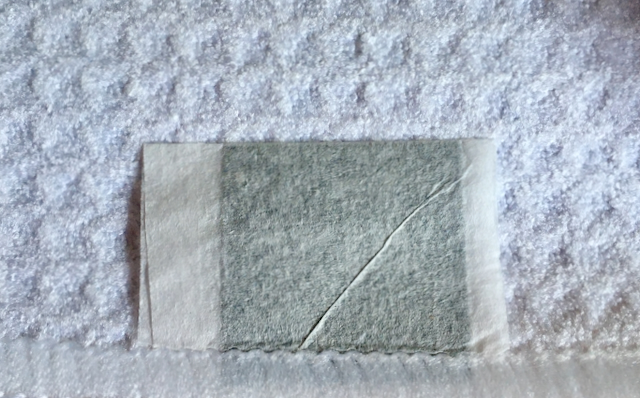
I removed it and read, “Made in China, Designed in California.” Sigh.
While the towels are reasonably well-constructed, I honestly didn’t want to use them. Questions kept popping up in my head: “Where did the bottles come from? Was the plastic sterilized? What about the ink? Was it safe for human consumption?” I mean, I’d be using this product to dry my dishes.
I’ve relegated them to the pile of old towels I use to clean up after my dog Rocky.
That will teach me for making an impulse decision and not doing my own research.
I buckle down and buy Made in the USA towels
If you don’t already know about it, the Made in the USA Matters website is one of the best product directories for finding products made here.
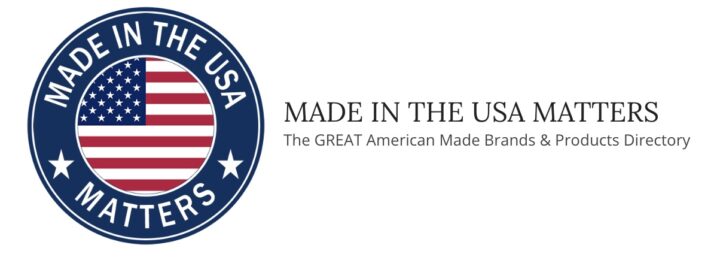
The woman who compiles it does a terrific job keeping it up-to-date. She also had a page listing dish towel manufacturers; I used these listings to review the various types of towels available.
The reason I hadn’t made this purchase already is because I had to make a choice between many vendors, fabric types, colors, sizes, etc. ACK!
I finally chose Nantucket Looms kitchen towels. I loved the ocean-inspired colors and the fact that Nantucket is “local” in that it’s part of MA, the state next-door to mine.
The towels are handwoven by a skilled artisan on a loom — and cost much more than anything I’d buy at a big box retailer.
“Do you think they’ll last long enough to justify the cost for such a utilitarian item?” asked a friend. Yes, I do. The towels are quite substantial; the craftsmanship is superb. And, they’re super absorbent and soft. I love them!
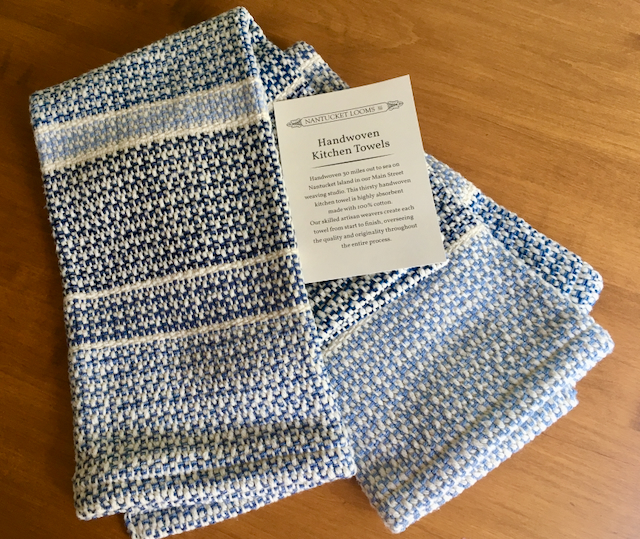
American textile manufacturing needs your support
I’m often told by people that one reason they don’t buy Made in USA is because things cost more. Sometimes they do.
But you also have to consider how things are made. Handcrafted is an entirely different process from machine-made. Personally, I see handcrafted items as art — and love collecting what I call “functional art.” I’m always happy to support the artisan — which includes Andy the weaver from Nantucket Looms. (I’ve learned Andy is no longer alive, may he rest in peace.)

I love knowing someone handcrafted my towels and that if I wanted to, I could travel to Nantucket by ferry to visit the weaving studio and meet Andy and his colleagues. I love knowing I’m supporting skilled craftspeople who take pride making beautiful items in a time-honored tradition.
As I wrote in my post about Vermont Flannel, when I buy handcrafted items, I feel attached to the company and the people who made my items. It makes me feel like I’m part of an extended family.
American manufacturing, and small companies, face so many challenges right now. Please, support American manufacturing and buy Made in USA whenever possible. I know it’s easy to click and buy something advertised on social media, but you’ll feel so much better knowing you’re buying something made here — and that will last forever.
Get the Keep It Made USA newsletter.
Twice monthly; zero spam.
Links
Handcrafted in Vermont: Luxurious Flannel Apparel — A Keep It Made USA interview
Nantucket Looms Kitchen Towel Collection
Handcrafted in Maryland: Mosaic Trays by Shelley Dane, Mosaique Designs — A Keep It Made USA interview, including more about my love for functional art.
Full Disclosure
I’m not paid nor asked to write about products or the companies that make them. All links in this piece are FREE — meaning, they’re not sponsored or paid for. We like to think a “small” choice, such as purchasing dish towels made in the U.S. by American workers, won’t make a difference. It does.
My mission is to keep manufacturing jobs stateside and this blog is my way of giving back.

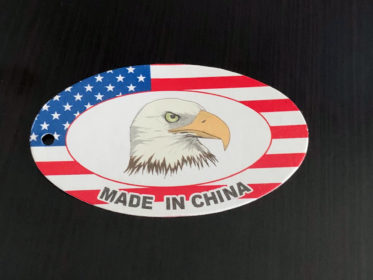
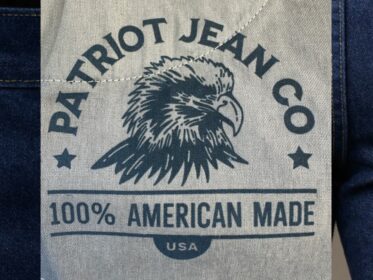
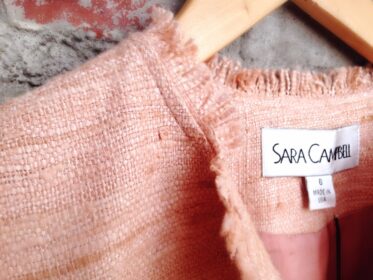
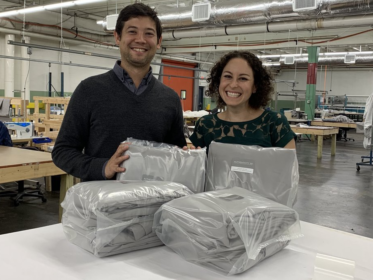
Frances Ross
Thanks!!!
Dianna Huff
My pleasure.